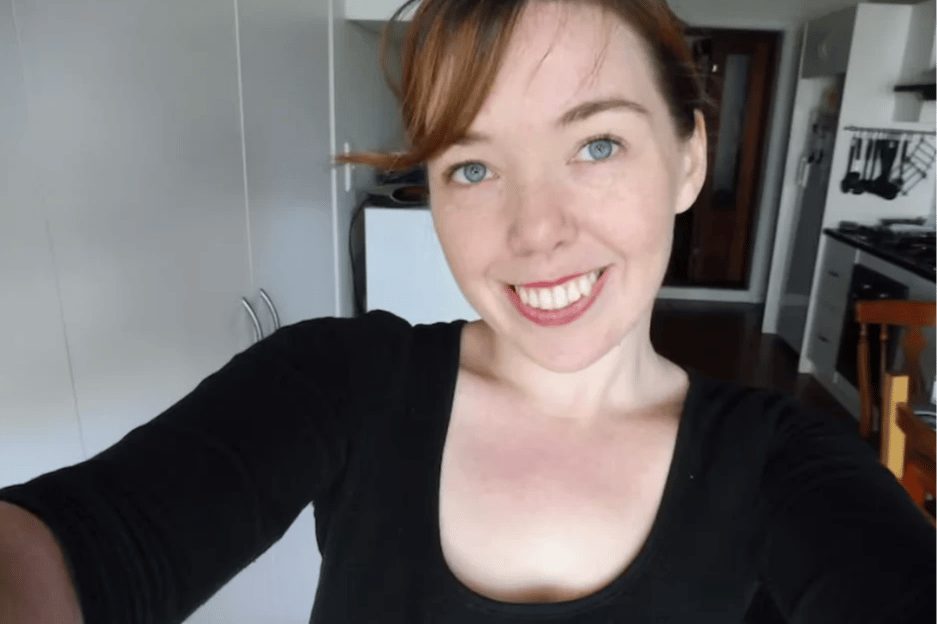
When Kate Sylvia messaged her mother from the bathroom floor, she thought she was suffering a migraine.
"Sorry, migraine pain, agony; dying on the bathroom floor," she messaged her mum, Kathryn, on December 1, 2021.
The next morning, the 32-year-old was still in excruciating pain, and vomiting profusely.
Concerned, Kathryn called triple-0. She told the dispatcher that Kate couldn't keep anything down, and had been experiencing extreme headaches for more than 12 hours.
Watch: Dr Golly- Parenting changes the brain. Article continues after the video.
"She's vomiting and it's a huge stabbing pain and she's had a headache since yesterday," Kathryn told SA Ambulance.
"This has just escalated and I've just called her but she's quite... she can't talk properly," she said.
She was taken to what's known as a 'hospital avoidance centre', a space that provides rapid assessment and acute care for those who "are on trajectory to present to a hospital emergency department, but do not require 'emergency level' care", according to SA Health.




























































































